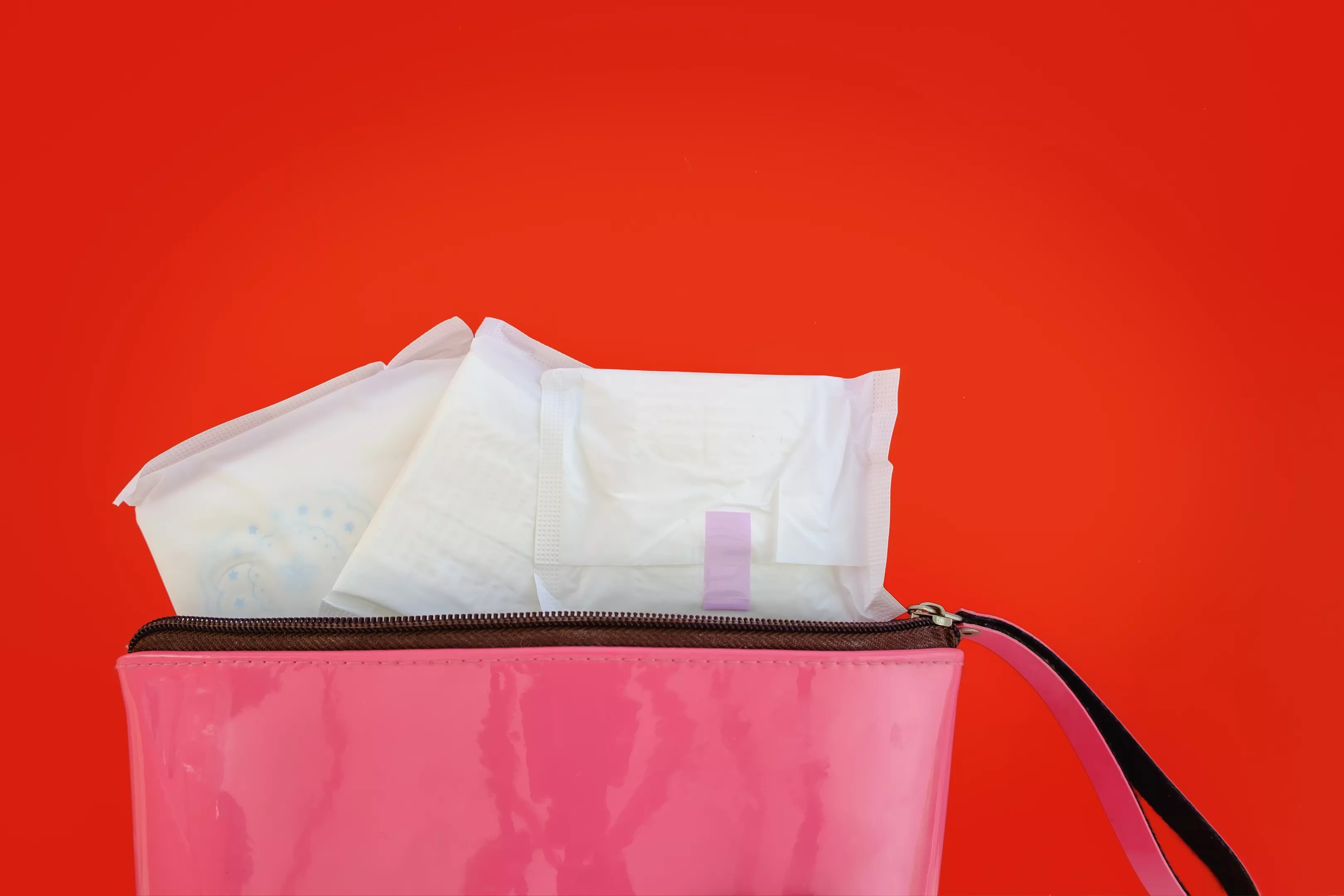
iamnoonmai/iStock

Audio By Carbonatix
If anyone needs evidence that this is a man’s world – or at least one long built by and for men – consider that hair-growth products like Rogaine are exempt from taxation in at least eight states, but feminine hygiene products are still taxed like luxury items, including right here in Denver. Meanwhile, so-called necessities, such as groceries and medication, aren’t.
A bill pushed by Denver City Council President Jolon Clark that would ban the city from taxing tampons, menstrual pads and similar products passed a committee on Tuesday, February 5, and will now head to a vote before the full council in about three weeks.
The issue came to Clark’s attention when a female staffer brought up an agenda item during an office meeting that initially caught him off guard. “My first reaction when I saw it on the list was, I’m open, but I think it’d be a bad idea to add a tax to tampons,” he says.
He was soon made aware of a harsh reality: “She informed me no, no, no there’s already a tax! I couldn’t believe for a second that was true. Sure enough, it is.”
At least fourteen states have implemented similar bans, though often not without a fight. Only 56 percent of Nevada’s voters (presumably the entire female population) approved a feminine hygiene product tax ban in 2018, and previous legislative attempts to repeal Colorado’s tax on them have been shot down with gusto. Democratic Representative Susan Lontine told us in 2017 that she had gotten “nasty phone calls and emails” regarding the bill she introduced to eliminate the state tax on such items during that year’s legislative session. The naysayers “talked about how this is a waste of time, how we should be working on other things. Just meanness,” she said.
According to Clark’s office, Denver collects some $450,000 a year from feminine hygiene products, and the sales tax “disproportionately impacts low-income people who menstruate and people who menstruate experiencing homelessness,” since the products are already pricey. Women who experience homelessness report changing their tampons less frequently, which could increase their risk of infection and exposure to potentially deadly diseases like toxic shock syndrome.
While Clark expects the measure to pass council “with flying colors,” he admits that the Colorado Statehouse would still need to take action in order for the items to be truly tax-free. “My hope is that this will send a message that this is the right thing to do and others will follow suit,” he says. “Even if the state took action, almost every municipality currently taxes these products. There would still need to be an effort with municipalities and counties to redefine their tax code to remove those taxes in their jurisdictions.”
Reached by phone on March 6, a Lontine rep said she was unaware of any efforts in that office to revive a proposed tax ban on the products during the current legislative session.
Asked if he’s prepared to become a feminist hero, Clark laughs and chalks up his bill to common sense. “Nobody should be a hero for doing this,” he concedes. “It does make some men squeamish to talk about, but for me, if you’re not willing to talk about an issue that is extremely relevant for 50 percent of people, maybe more, that you represent, you’re not qualified to represent those people. You’re a shmuck if you don’t do this.”